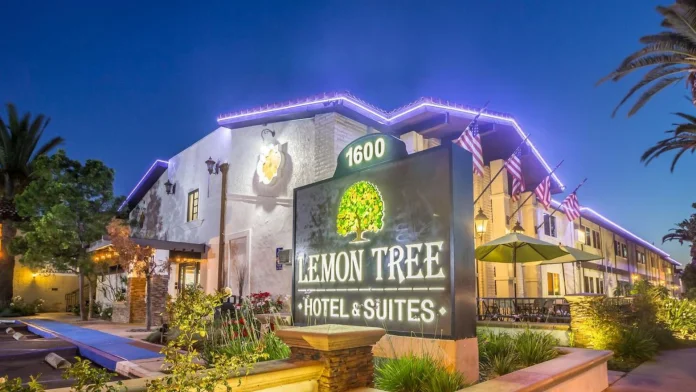Lemon Tree Hotels plans to extend its operational footprint to key global destinations, including New York, London, Singapore, and Hong Kong, as revealed by Patanjali Keswani, Chairman and Managing Director. Keswani emphasized that a substantial 70% of Indian travelers venturing abroad choose among seven or eight cities, namely New York, London, Dubai, Thailand, Hong Kong, Singapore, Nepal, and Sri Lanka.
“So, these are the places where ideally we would like to operate hotels under management contracts,” said Keswani.
The company underwent international expansion, inaugurating hotels in Dubai in December 2019 and in Bhutan in February 2020. Simultaneously, it also initiated hotel operations in Nepal. Patanjali Keswani, Chairman and Managing Director, mentioned plans to open 5-6 additional hotels in Nepal over the next three years.
The group provides a diverse portfolio of seven brands, encompassing Aurika Hotels & Resorts, Lemon Tree Premier, Lemon Tree Hotels, Red Fox Hotels by Lemon Tree Hotels, Keys Prima by Lemon Tree Hotels, Keys Select by Lemon Tree Hotels, and Keys Lite by Lemon Tree Hotels.
The chief of the BSE-listed hotel chain has outlined ambitious plans to tap into the growth of the unbranded hotel segment, both domestically and internationally. Presently, Lemon Tree operates over 9,400 rooms in 96 hotels across 61 destinations. Upon the completion of the current pipeline, the hotel chain is poised to manage 13,300 rooms in 153 hotels spanning 97 destinations.
He explained that the company, once primarily following an asset-heavy model where it owned hotels, is now emphasizing management contracts.
“Today, out of our 10,000 rooms, 6,000 are owned. We’ll be going up to 20,000 rooms. These rooms will be management contracts. That means 70 per cent of our inventory will be management contracts.”
Lemon Tree, coincidentally, holds the position of the third-largest player in the Indian hospitality sector, in terms of owned rooms, following Taj and ITC Hotels.
Keswani explained that the company is now utilizing management contracts as part of its multi-pronged strategy.
“Over the past six quarters since April of last year, we’ve implemented a dual strategy involving consistent price hikes and demand generation. We’re now concentrating on optimising returns from our significant hotel investments, being the third-largest owner of hotel rooms in India. Our financial figures consistently show a 15-20 per cent revenue growth, with half attributed to pricing adjustments and the other half to increased demand. This joint approach involves both repricing and segment analysis.”
According to him, India’s hotel industry underwent a prolonged down cycle due to a decade of supply growth (14-15 per cent annually) surpassing demand. This reversal began just before Covid, but the pandemic disrupted the trajectory. Post-Covid, despite losses, the sector increased prices without an immediate uptick in demand. Notably, he sees the surge in hotel demand in India as a pivotal moment, drawing parallels to the growth experienced in China.
He additionally mentioned that for the next four years, the company will sustain a year-on-year revenue growth of 15 percent.





